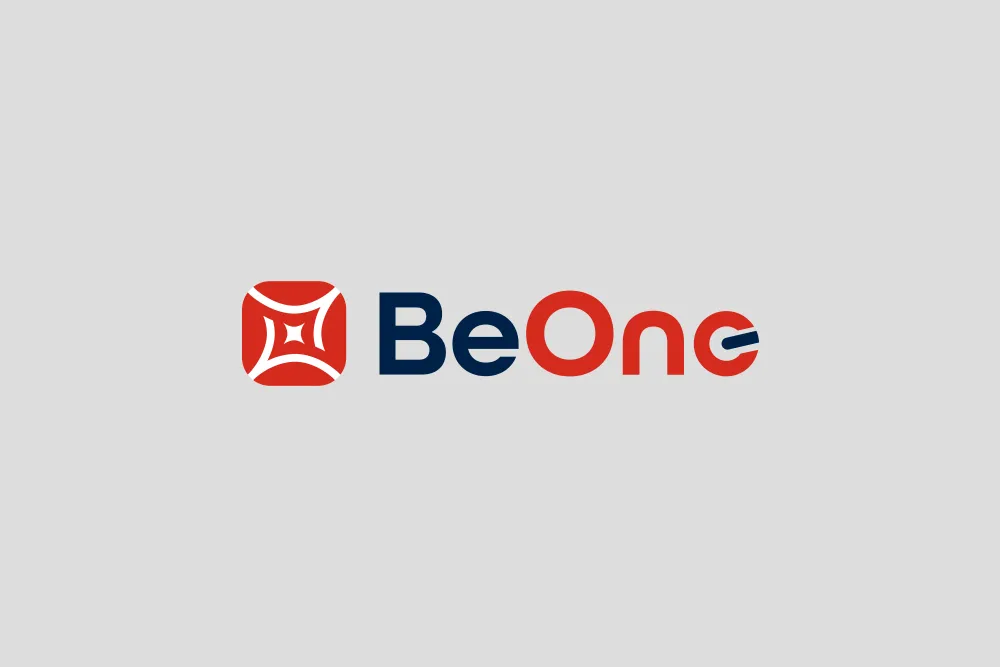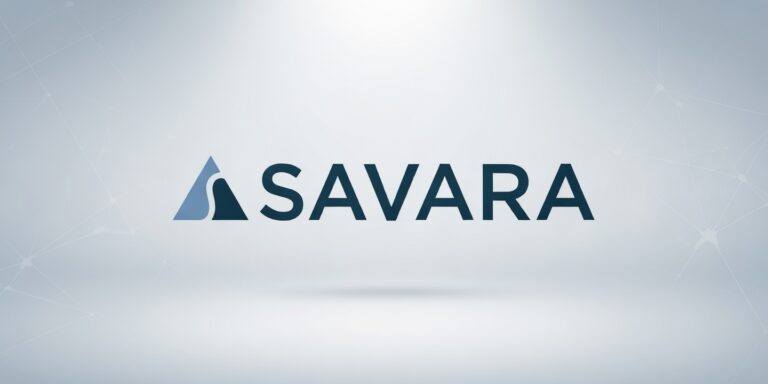
BeOne Medicines Demonstrates Scientific Leadership in B-Cell Cancers at ASH 2025
BeOne Medicines Ltd. (Nasdaq: ONC; HKEX: 06160; SSE: 688235), a rapidly expanding global oncology innovator, is set to showcase one of the most comprehensive and data-rich hematology portfolios at the 67th American Society of Hematology (ASH) Annual Meeting and Exposition, held December 6–9 in Orlando, Florida. Nearly 50 abstracts—including six oral presentations—have been accepted, highlighting new clinical insights across the company’s three transformative hematology modalities: the BTK inhibitor BRUKINSA® (zanubrutinib), the BCL2 inhibitor sonrotoclax, and the first-in-class BTK degrader BGB-16673.
This year’s ASH presentations underscore BeOne’s long-term strategic commitment to redefining standards of care in B-cell malignancies. Data span early discovery, pivotal late-phase programs, real-world evidence analyses, and health-economic evaluations, further solidifying BeOne’s growing leadership in hematologic oncology.
Advancing the Standard of Care in CLL/SLL: Landmark Data Across Modalities
Among the most anticipated presentations are six-year analyses from the pivotal SEQUOIA trial and long-term extension (LTE) data from ALPINE. In SEQUOIA, BRUKINSA continues to demonstrate sustained overall survival of 84%, rising to 88% when adjusted for COVID-related confounding, along with a six-year progression-free survival (PFS) estimate of 74%. These results further strengthen BRUKINSA’s established role in frontline chronic lymphocytic leukemia/small lymphocytic lymphoma (CLL/SLL), particularly versus chemoimmunotherapy regimens such as bendamustine plus rituximab.
Complementing these findings, new ALPINE post-hoc results incorporate longitudinal patient-reported outcomes (PRO), providing an increasingly patient-centered understanding of comparative tolerability between BRUKINSA and ibrutinib in relapsed or refractory (R/R) CLL/SLL. Early signals indicate that BRUKINSA’s benefit may extend beyond efficacy into symptomatic improvements valued by patients.
Sonrotoclax: A Next-Generation BCL2 Inhibitor Gaining Momentum
BeOne will also debut new clinical results for sonrotoclax from several ongoing trials, including monotherapy and combination strategies across CLL/SLL, mantle cell lymphoma (MCL), and multiple myeloma settings.
Highlights include:
- BGB-11417-201 (Oral Presentation: 663): Phase 1/2 data showing promising activity of sonrotoclax in R/R MCL previously treated with BTK inhibitors.
- BGB-11417-101 (Poster Presentation: 3891): Updated results of sonrotoclax combined with BRUKINSA in treatment-naïve CLL/SLL, incorporating new undetectable minimal residual disease (uMRD) rates—an emerging benchmark of curative potential.
- MRD-guided therapies (Oral Presentation: 793; Poster Presentation: 3890): A novel strategy using sonrotoclax in combination with obinutuzumab and/or BRUKINSA, demonstrating feasibility of time-limited, precision-guided treatment in CLL/SLL.
- Multiple Myeloma (Oral Presentation: 102): Early results from combining sonrotoclax with carfilzomib and dexamethasone in t(11;14)-positive R/R disease.
These studies collectively reinforce sonrotoclax as a versatile, next-generation BCL2 inhibitor with potential best-in-class properties across multiple hematologic malignancies.
BGB-16673: A First-in-Class BTK Protein Degrader Showing Deep and Durable Responses
BeOne’s pioneering work in targeted protein degradation is prominently featured through multiple updates from the CaDAnCe clinical program. The BTK degrader BGB-16673 continues to demonstrate encouraging responses in patients with relapsed or refractory CLL/SLL, Waldenström macroglobulinemia (WM), and indolent non-Hodgkin lymphomas.
Key presentations include:
- Updated Phase 1 efficacy and safety data (Oral Presentation: 85): Reinforcing BGB-16673’s activity in R/R CLL/SLL.
- New analyses in WM and indolent lymphomas (Posters: 3583, 3584).
- Richter’s transformation (Poster: 3895): Preliminary but compelling signals in one of the most challenging lymphoma subsets.
- CaDAnCe-304: A Phase 3 head-to-head study versus pirtobrutinib (Poster: 5691), marking a major milestone for the degrader class.
These data collectively suggest BGB-16673 may offer an entirely new therapeutic paradigm for patients who progress on or cannot tolerate covalent BTK inhibition.
Scientific Leadership Perspective
“Our data at ASH 2025 raise the bar for what patients and physicians can expect from B-cell malignancy treatment,” said Lai Wang, Ph.D., Global Head of R&D at BeOne. “The long-term SEQUOIA and ALPINE results reaffirm BRUKINSA’s position as a foundational therapy in CLL/SLL. Paired with our differentiated BCL2 inhibitor and innovative BTK degrader, we now offer three complementary modalities capable of addressing evolving treatment needs across disease stages.”
Dany Habr, M.D., Senior Vice President and Head of Medical Affairs for North America and International Markets, added:
“In everyday practice, the ability to choose a therapy with durable efficacy and a more manageable side-effect profile is essential. Real-world evidence increasingly supports BRUKINSA as a preferred BTK inhibitor for patients seeking both effective and tolerable continuous therapy.”
Deepening Real-World Insights and Health-Economic Evidence
BeOne is also presenting numerous real-world and modeling analyses that further contextualize the clinical benefits of BRUKINSA.
Highlights include:

- Cardiac safety modeling (Abstract 13636): Over a 10-year period, treating patients with BRUKINSA instead of ibrutinib could potentially prevent over 500 cardiac deaths across first-line and second-line settings.
- Number needed to treat (Poster 4553): Quantifying the number of patients needed to treat with BRUKINSA versus other BTK inhibitors to prevent disease progression or death.
- Patient-reported outcomes (Poster 2768): A U.S. observational study comparing quality-of-life measures among BRUKINSA- and acalabrutinib-treated patients.
Real-world treatment pattern analyses across CLL/SLL and MCL further expand understanding of frontline testing trends, sequencing decisions, and remaining unmet needs—particularly in older adults.
Extensive Presentation Roster at ASH 2025
BeOne’s full ASH program spans oral presentations and posters across the BRUKINSA, sonrotoclax, and BGB-16673 portfolios, as well as next-generation research assets such as BGB-21447, a new BCL2 inhibitor currently in early clinical development.
Key Themes Across the Presentation Schedule
- Long-term durability of BTK inhibition (SEQUOIA, ALPINE, ROSEWOOD)
- Innovative combinations using BTK, BCL2 inhibition, and antibodies
- Early-phase insights into BTK degradation
- MRD-guided, time-limited approaches in CLL
- Modeling and economic analyses informing treatment choices
- Real-world evidence shaping understanding of patient experience
- Evolving global patient preferences
Source Link: https://www.businesswire.com/





